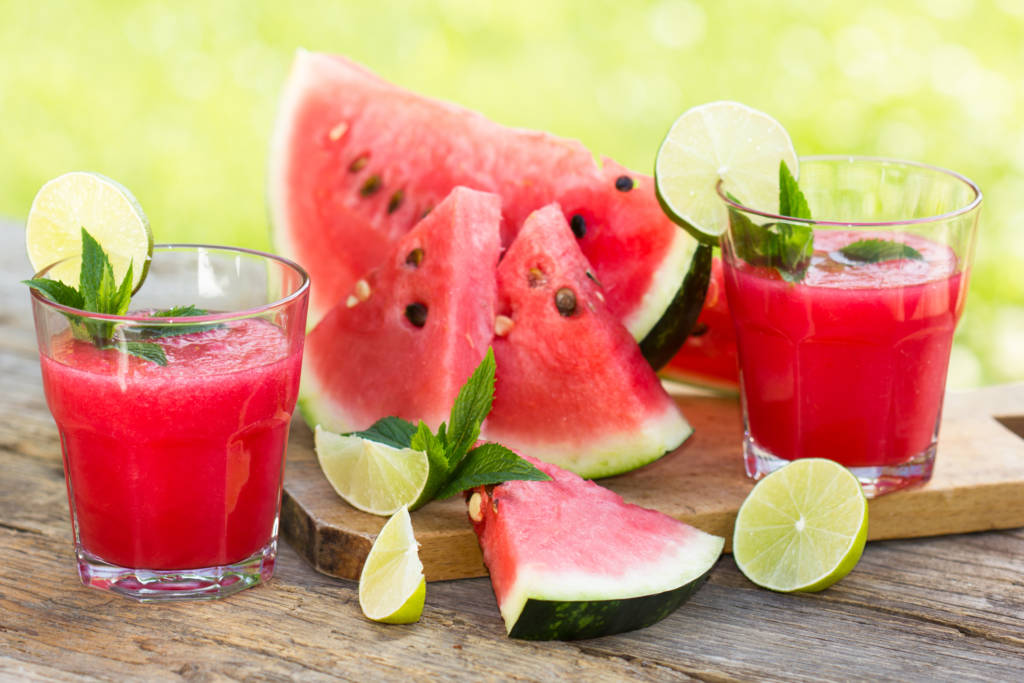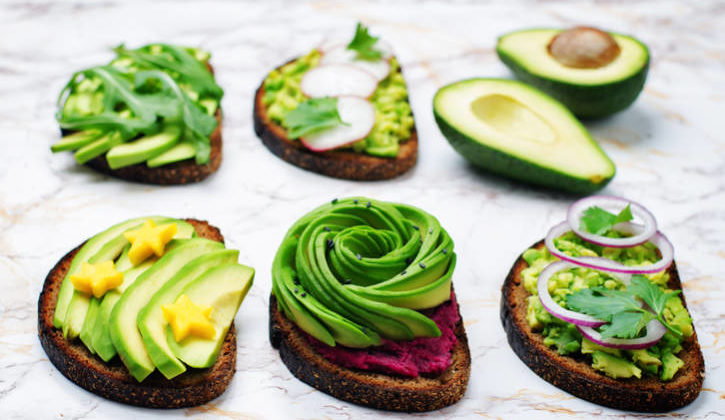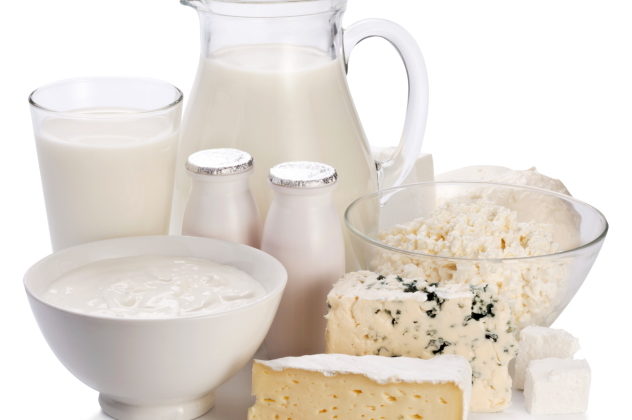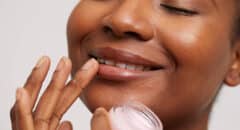
The food we eat has a large impact on our health. Studies show that a balanced diet can contribute to all aspects of your overall health, including the skin. If you’re interested in keeping your skin healthy and reducing the likelihood of the signs of premature aging, changing your diet might be the way to go.
The Link Between Food and Skin Care
While the studies are ongoing, there is sufficient evidence that there’s a significant link between food and how healthy the skin is. According to research, foods that are high in antioxidants, omega-3 fatty acids, vitamins, and minerals contribute to healthy skin. Alternatively, foods that are heavily processed or have high levels of added sugar can damage the skin and promote premature aging.
It’s also important to note that African Americans may need to pay more attention to their skincare routine than other ethnic groups. Darker skin contains more melanin and the cells that produce melanin can get injured or inflamed easily.
Of course, dermatologists are quick to point out that a good diet is only part of the picture. Eating well is meant to complement an overall skincare regimen that includes getting enough rest, keeping active, and managing your stress levels.
What You Should Be Eating
A general diet filled with fresh fruits and vegetables can work wonders for the skin. To get more specific, these are some foods that you should target.
Broccoli contains an antioxidant that’s great for encouraging the production of collagen that keeps the skin moist and supple. It also has vitamins A, C, and K.
 Tomatoes have the antioxidant, lycopene which has been shown to protect the skin from sun damage.
Tomatoes have the antioxidant, lycopene which has been shown to protect the skin from sun damage.
Berries are also a great source of antioxidants.
Bell peppers have antioxidants called carotenoids, which can protect the skin.

Watermelon is low in sugar and high in water. This high water content makes it ideal for maintaining the skin’s moisture levels.
Kale is an excellent source of Vitamin A, which is a powerful antioxidant.
Almonds are a great source of the antioxidant, Vitamin E. Apart from combatting free radicals, this vitamin also has the potential to boost the skin’s defenses.

Eggs contain important amino acids that are needed to produce collagen.
Fatty fish are an impressive source of omega-3 fatty acids, which have been shown to have a positive impact on healthy skin.
Kidney beans are rich in fiber, protein, and zinc. All of these components can contribute to healthy skin.

Avocados are chock full of nutrients like healthy fats, phytonutrients, as well as vitamins E, D, and A, which are great for the skin.
Walnuts are another great source of omega-3 fatty acids.
Sunflower seeds contain zinc, selenium, and Vitamin E.
Sweet potatoes have beta carotene which can be easily converted to Vitamin A in the body.

Dark chocolate has powerful antioxidants known as flavonols but makes sure to look for high cacao concentrations.
Greek yogurt has a lot of B vitamins which have been shown to help with detoxifying the skin.
Citrus fruits contain high levels of Vitamin C, which can help to reduce the signs of premature aging.
Carrots are also a good source of beta carotene, a precursor to Vitamin A.
Foods You Should Avoid
The list of foods that you should leave out of the diet or at least, reduce is much shorter. Dermatologists recommend cutting down on processed foods as they are high in unhealthy fats that have been shown to damage the skin. Refined sugars are also linked to skin conditions such as acne.

Dairy products are generally good for healthy bones but they can cause breakouts in some people. It’s suggested that the hormones in dairy products can influence the production of androgen in humans. The androgen, in turn, can cause acne or make a current breakout worse. If this is happening to you, it’s recommended that you find dairy-free alternatives.
The foods that dermatologists recommend for maintaining healthy skin are great for your overall health as well. Better yet, most of them can be easily included in your existing diet. If you have any food allergies or diet restrictions, it’s best to talk to your physician about reasonable alternatives.









